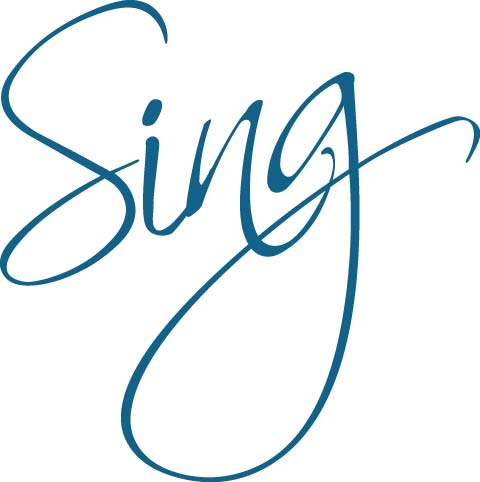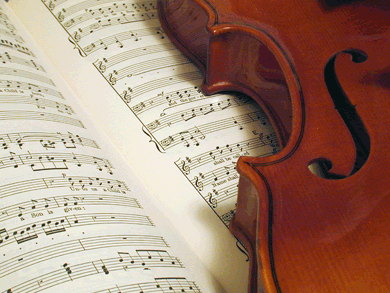 Something is shared in singing that goes beyond the words alone. This something has taken shape over many centuries in a practice that expresses our deepest yearning and dearest joy: the practice of singing our lives to God.
Something is shared in singing that goes beyond the words alone. This something has taken shape over many centuries in a practice that expresses our deepest yearning and dearest joy: the practice of singing our lives to God.
Whether around campfires or in recital halls, on the playground or in churches and synagogues, the act of singing has expressed human feelings and the sense of being in the world, of being alive.
Is there a particular song or a piece of music that goes straight to your heart? What feelings does it stir up in you?
Do you have a favorite song that you enjoy singing in the car? How do you feel when you are singing this song in the car? What memories does it bring back for you now?
In your family, tell stories about your favorite hymns, including how you learned them. What associations do you have with them? Alternatively, sing a song from childhood that is a part of your faith tradition. What is the most powerful memory the song evokes? Look carefully at the words. How has your faith changed since that song first became formative for you?
Recall a recent occasion when you heard music that triggered a memory. What was the occasion, the music, and the memory?
Go outdoors and listen to the “music” of nature around you for fifteen minutes. What songs do you hear creation singing?
Make a list of sung mealtime graces that you and your family know. Post it where you regularly eat. Sing together one of the graces whenever you gather together for a meal. Add to the list as you learn new ones.
Create a musical last will and testament. If you were planning your funeral/memorial service, what hymns, psalms, and songs would you include? Record your ideas, add to them as you think of others, and let someone know where the list is, sort of like a musical last will and testament.
What common threads do you notice in these biblical songs? How do these songs help us sing our own lives to God? Click here to read them.
- Ecclesiastes 3:1-8 (a time for everything)
- Exodus 15:21(Miriam’s song)
- Luke 1:46-55 (Mary’s song)
- Luke 2:29-32 (Song of Simeon)
- Philippians 2:5-11 (the Christ hymn)
Visit a synagogue or church not of your own tradition where singing is a central part of the worship service. How do you perceive music to be shaping this community and sustaining a distinctive kind of spirituality?
Include a music/hymn listening session as part of your regular prayer time. “Pray” the music as you listen. Alternatively, sing your prayers, using favorite hymns, liturgical settings. Remember Augustine’s comment that “whoever sings prays twice.”
Learn new hymns and songs. Using a hymnal companion or Internet resources such as The Cyber Hymnal, research stories behind the hymn and its author and/or composer.
Make a recording to enjoy on trips. Ask each person in your family to contribute at least two favorite songs to a recording you make to enjoy on trips or at times when you are together. Make a new recording occasionally and save old ones for posterity!




